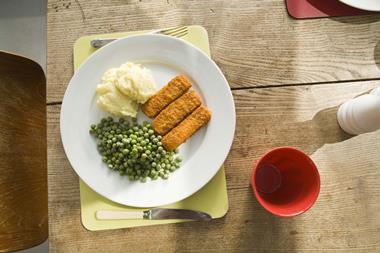?Alison Bone, deputy news editor at The
Bookseller, looks at the books that are likely
to be doing a disappearing act from
supermarket shelves this summer
Ever since Bloomsbury announced in February that the final book in the Harry Potter series, Harry Potter and the Deathly Hallows (£17.99), would be published on 21 July, booksellers have been jostling for position.
Both Tesco and Asda have already dipped their Potter offers to below half price (£8.87). The high street - unable to compete on price alone - is appealing with add-ons: a free Wizardology with each Potter purchase from Waterstone's, and a free copy of Garth Nix's Mister Monday and money-off vouchers at WH Smith. Expect last minute price cuts: when Harry Potter and the Half-Blood Prince was published in 2005, Kwik Save sold the £16.99 book for £4.99.
With the discount wars of the last two Christmases starting to spill over into the rest of the year, the high street has been having a tough time. Research agency BML's recent comprehensive 'Books and the Consumer' survey shows that purchases through chain bookshops fell 3% by volume and value during 2006.
Things are looking brighter at the mass-market end of the spectrum, however. BML shows that, between 2003 and 2006, purchases of books through supermarkets grew 70% by volume and 59% by value. Former Tesco book buyer Caroline Ridding, who moved to publisher HarperCollins, is hoping to cash in on this with the launch of her new list, Avon, in July. She's aiming it squarely at the supermarkets, publishing three keenly priced paperbacks a month in what she sees as the core mass-market genres: crime/thriller, contemporary romance and commercial fiction/chick lit.
Along with the undoubtedly record-breaking sales of Harry Potter, paperback crime, thriller and women's fiction novels will dominate the shelves over the summer months, appealing to readers looking for a beach read. And the book trade's favourite couple, Richard and Judy, will announce the line-up of titles for their summer book club shortly. Their nod of approval means the lucky books included are virtually guaranteed to fly off the shelves.
Richard and Judy's increasingly adventurous choices are helping mass-market channels branch into the more literary end of book retail, traditionally the province of the high street. With Asda recently mooting the possibility of 300 new non-food stores, the supermarkets look set to take an ever larger chunk of book retail.















No comments yet